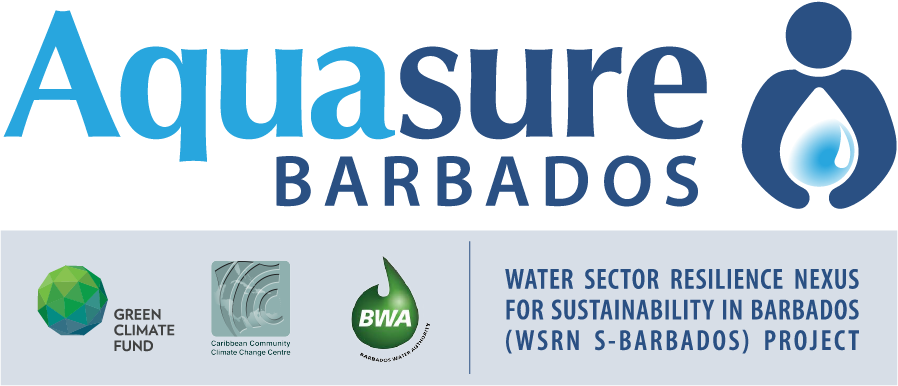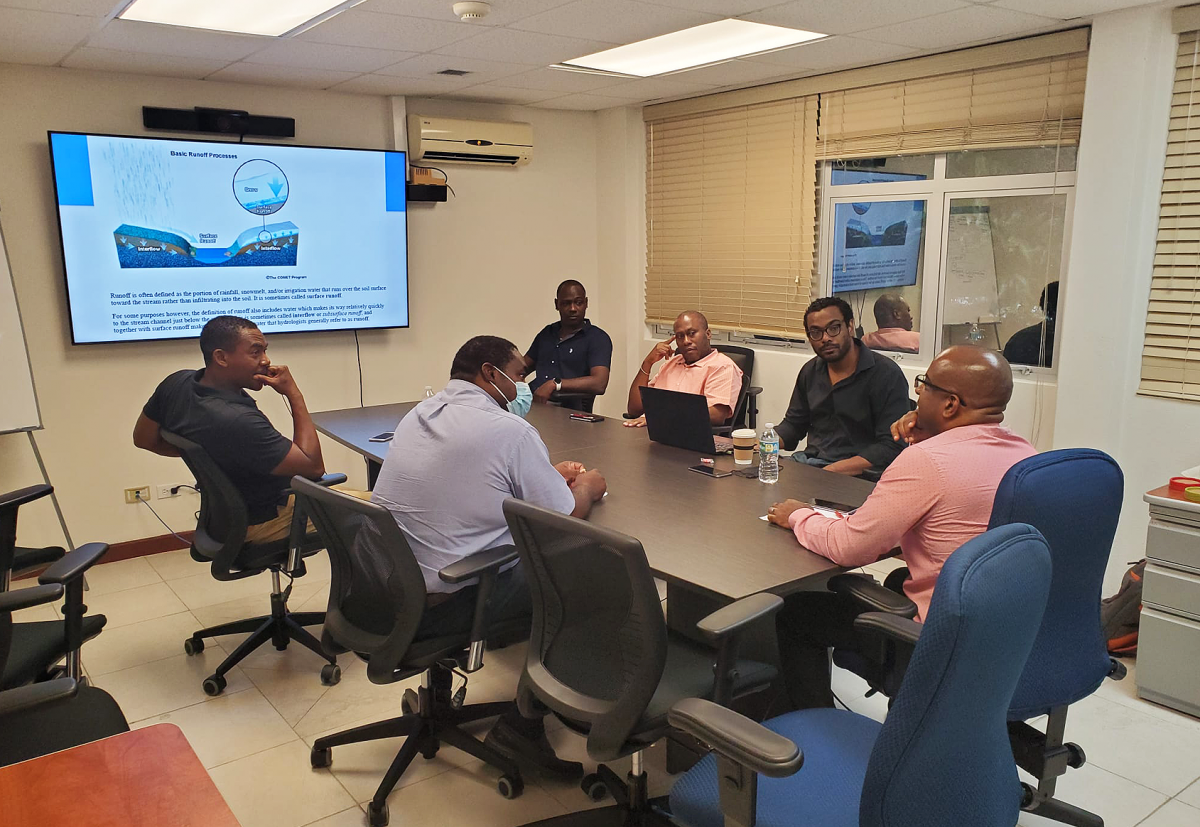Biosecurity
Barbados, is not immune to the biorisks which threaten lives and livelihoods of its residents. In the past 2 decades the increased frequency and intensity of biorisks such as tropical storms, hurricanes, droughts, ashfall from volcanic eruptions, infectious disease outbreaks H1N1, Zika, Chikungunya and now COVID-19 have all been observed and
experienced. These biosecurity risks affect all persons irrespective of colour, class, or social status who are aligned with water infrastructure services at a time when Barbados and the Caribbean region are making major investments in this infrastructure.
According to the Project’s Biosecurity Action Plan (BAP), WSRN S-Barbados will mainstream biosecurity risk management into all activities – foster utility/university/community/private sector partnerships, promote stakeholder engagement, exchange knowledge, build workforce and support entrepreneurship opportunities – to increase resilience of people and the water sector of Barbados to climatic natural disasters like droughts, tropical storms, earthquakes, volcanic eruptions and hurricanes.
Objectives
The objectives of this consultancy are:
- To develop a Water Infrastructure Vulnerability, Climate Change and Biosecurity Certificate that uses the context of the WSRN S- Barbados.
- To deliver Water Infrastructure Vulnerability, Climate Change and Biosecurity Certification training to all Barbados Water Authority (BWA) employees, contractors, project partners and other key stakeholders in Barbados.
- To establish the Water Infrastructure Vulnerability, Climate Change and Biosecurity Certificate as an offering associated with The University of the West Indies’ Centre for Biosecurity Studies.
- To incorporate modules from the certificate into a M.Sc in Biosecurity studies programme offered by the Centre for Biosecurity Studies at the University of the West Indies, Cave Hill campus.

